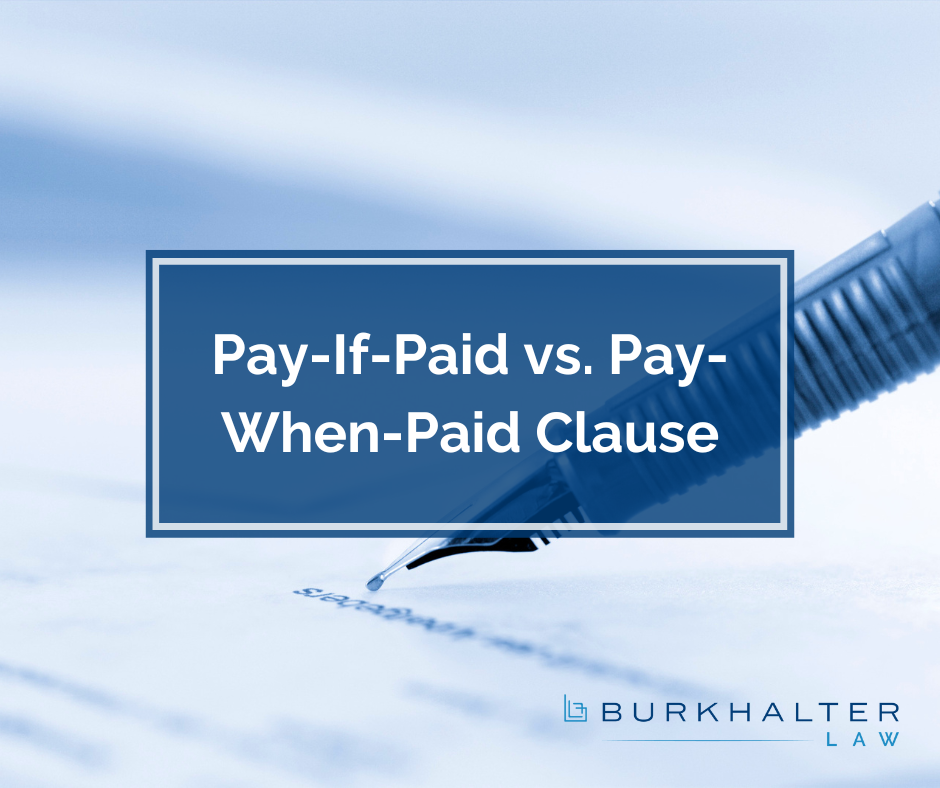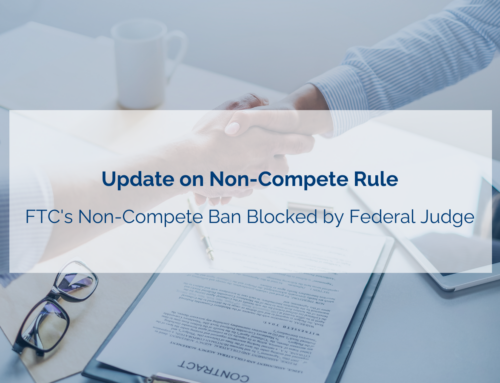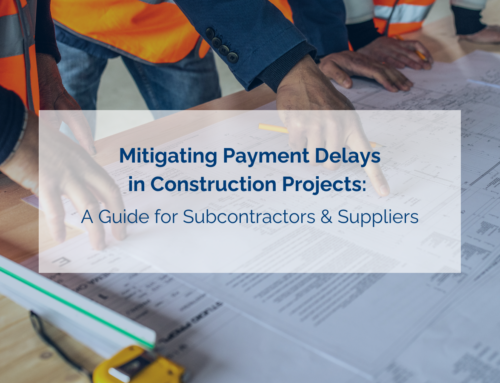The impact of “pay-if-paid” clauses in construction contracts on a business’s financial landscape is significant. These clauses pose a risk for subcontractors, as they may not receive payment for their work or materials unless the contractor is paid by the project owner. On the flip side, contractors often favor these clauses as they shift the risk of owner nonpayment onto subcontractors.
It’s essential to distinguish between “pay-if-paid” and “pay-when-paid” clauses, as their implications differ drastically. “Pay-if-paid” clauses determine whether a contractor must pay a subcontractor at all, linking payment to the owner’s payment to the contractor. In contrast, “pay-when-paid” clauses focus on the timing of payment, obligating the contractor to pay the subcontractor within a reasonable timeframe, regardless of the owner’s payment status.
Navigating payment clauses requires a nuanced understanding, and legal assistance is crucial for both contractors and subcontractors to negotiate fair terms and protect against payment disputes. Seeking professional guidance ensures a comprehensive approach to mitigate risks and establish equitable payment conditions in construction contracts. Contact us today for guidance on your company contracts!





